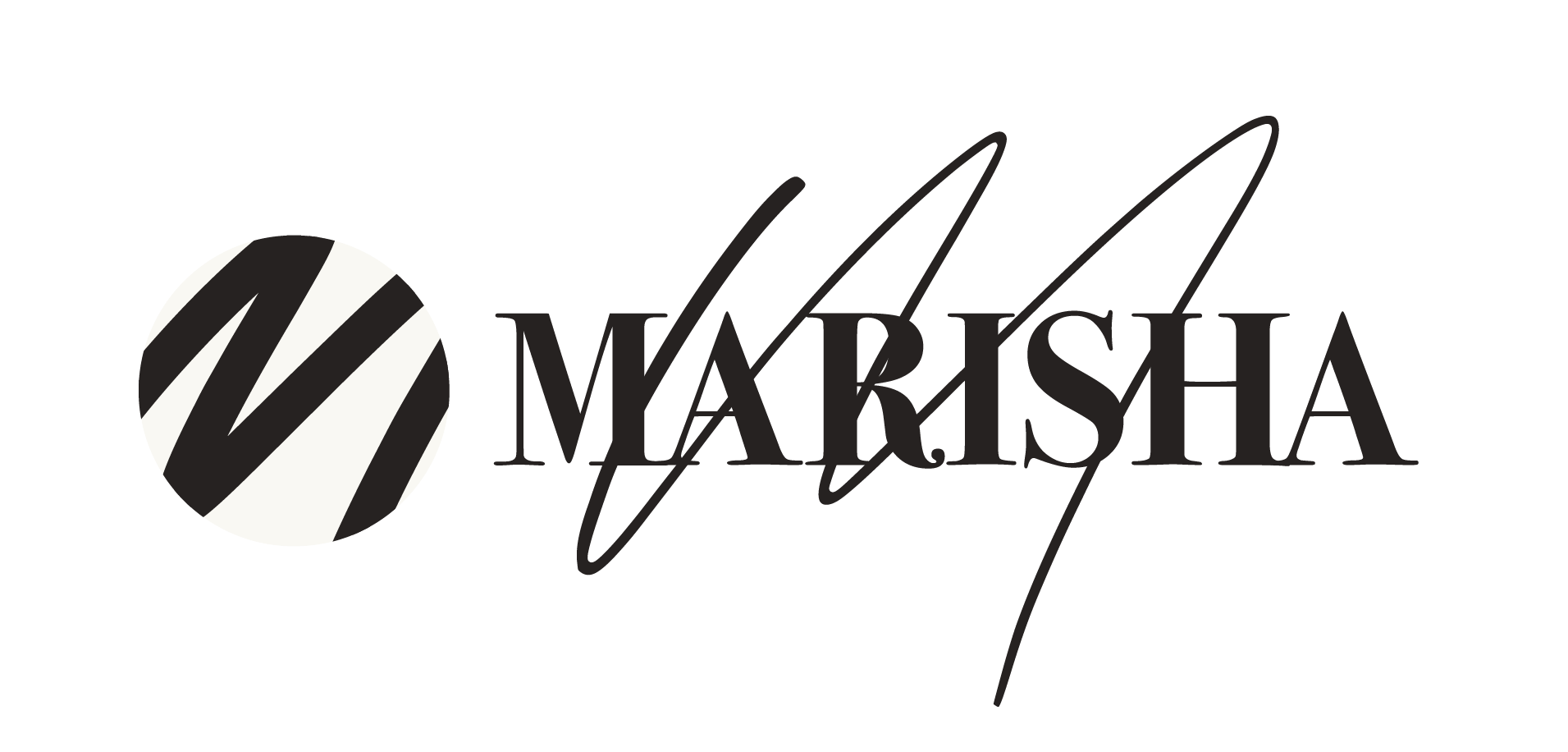Big Mama Was Wrong (Pt. 2) Introduction
I wrote Big Mama Was Wrong: Exploring Mental Health and Today’s Black Teens because I wanted it to be a resource. My goal was to enlighten parents, caregivers, and others about the stigmas I have observed as a mental health clinician for children and adolescents. I wanted conversations with therapists to be less embarrassing or scary. I also wanted others to understand the importance of seeking help, the type of help available, and some signs that seeking help may be necessary. I noticed patterns and realized that mental health within the Black community was the road less traveled but could have helped so many others along their journeys if they considered it.
I was challenged about the title “Big Mama Was Wrong” while presenting the first book in this closing series. The attendee stated that using “Black” to describe a race of people or ethnicity was inappropriate. In a world where identity is both a badge of honor and a topic for debate, most “Blacks” identify themselves as just that. I avoid using “African American” because it includes other ethnicities unintentionally, like those who may have been born in an African country but now live in the US or someone born to an American and someone from an African country.
Then I was told that there was a way that I could appeal to readers without using a title that promoted ignorance. Truthfully, “ignorance” still rings in my ears from that day. I found the term destructive rather than constructive as the attendee wanted to appear. Ignorance is destructive. The conversation temporarily created an internal conflict. I was attacked for promoting what I wanted to destroy in my own community.
The attendee further informed me that she did not believe looking into the past was the right approach. However, I beg to differ. If we are unaware of the past, we do not know how to respond to or prepare for the present onward. There is a long-standing history of trauma in the Black community. Understanding how it has framed mindsets and coping mechanisms could open the door for healthy responses for generations to come.
Social media, particularly during the pandemic, served as fantastic forms of education and entertainment. There has been a plethora of videos that confirm shared experiences within the Black culture and families. From “Black mamas don’t apologize. They just say ‘come and eat.’” to Black mamas telling teenagers to "Get in the kitchen and depress those dishes.” after a teen expressed feeling depressed. Although there is a comedic undertone, Blacks continue to laugh at and through tough situations because we do not always realize that habits and coping skills we have learned are not laughing matters. I do not believe there would be much comedic material if more people evaluated the roots of some of our behaviors and patterns in the Black community.
This book will highlight some topics differently than in the first book. However, similar to the guide for Black teens, this book will cover various mental health diagnoses, modalities of treatment, and service providers. It will enlighten readers to banish the mental health stigma, help readers become more comfortable pursuing help, and foster healthy conversations surrounding mental health. I hope that it will also help others embrace healthy conversations. I want to reiterate that this book is derived from my observations, but the insight regarding diagnoses, treatment, etc. is supported with professional material. This book is not intended to be used instead of seeking professional help from clinicians. Up first, the backdrop.
